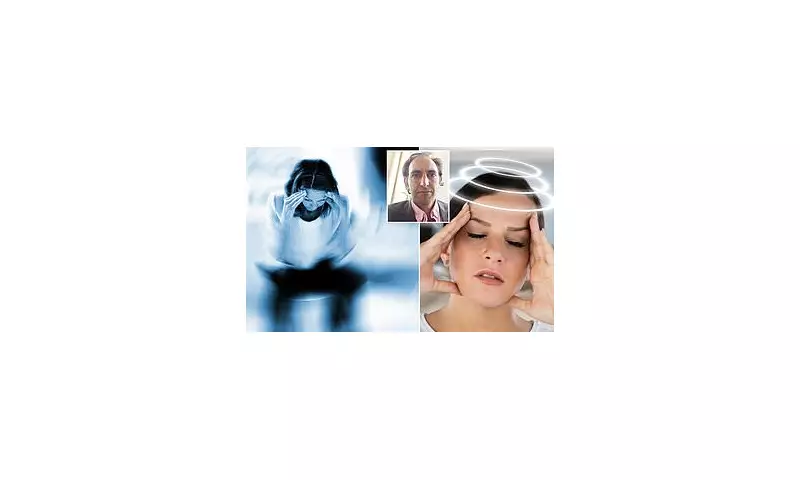
That sudden, unsettling sensation when the world starts spinning around you isn't just disorienting - it could be your body's way of signalling an underlying health issue. According to leading neurologists, dizzy spells affect millions of Britons, yet many suffer in silence, unaware of both the common causes and when to seek urgent medical attention.
When Your World Literally Spins: Understanding Vertigo
"True vertigo creates the illusion that either you or your environment is moving," explains a senior neurologist. "Patients often describe it as feeling like they've stepped off a merry-go-round, even when standing completely still."
This distinct sensation separates vertigo from general lightheadedness or feeling faint, and understanding this difference is crucial for proper diagnosis and treatment.
The Crystal Culprit: BPPV Explained
One of the most common causes of vertigo might surprise you - tiny crystals in your inner ear that have become dislodged. Known medically as Benign Paroxysmal Positional Vertigo (BPPV), this condition occurs when microscopic calcium carbonate crystals escape from their normal position in the utricle and migrate into the semicircular canals.
"When these crystals move into the wrong part of your ear's balance system, they disrupt the fluid dynamics that normally tell your brain about head position and movement," the neurologist clarifies. "The result is brief but intense spinning sensations triggered by specific head movements."
Other Common Triggers for Dizzy Spells
- Vestibular migraines: Headaches that affect balance centres without necessarily causing pain
- Ménière's disease: A chronic inner ear disorder involving fluid pressure changes
- Vestibular neuritis: Inflammation of the vestibular nerve, often following a viral infection
- Medication side effects: Certain blood pressure drugs, antidepressants and sedatives
- Low blood pressure: Particularly when standing up too quickly
- Anxiety and stress: Can trigger hyperventilation and balance issues
When Dizziness Signals Something More Serious
While most dizzy spells are harmless and temporary, certain symptoms warrant immediate medical attention. The neurologist emphasises that sudden dizziness accompanied by any of the following could indicate a more serious condition like a stroke or neurological disorder:
- Slurred speech or difficulty talking
- Facial drooping or numbness
- Arm weakness or coordination problems
- Severe headache unlike any previous experience
- Double vision or visual disturbances
- Hearing loss that occurs suddenly
Finding Your Balance Again: Treatment Options
The good news is that most causes of dizziness are treatable. For BPPV, a simple procedure called the Epley manoeuvre can reposition the rogue crystals, often providing immediate relief. Other treatments may include vestibular rehabilitation exercises, medication adjustments, or lifestyle modifications.
"If you're experiencing recurrent dizzy spells, don't dismiss them as just 'one of those things'," the neurologist advises. "Keeping a symptom diary noting when episodes occur, what triggers them, and how long they last can provide valuable clues for your doctor."
With proper diagnosis and treatment, the spinning can stop, and you can regain your footing in a world that stays reassuringly still.





